Parent training intervention leads to significant improvement in sleep problems

Up to 80% of children with autism spectrum disorder (ASD) also have at least moderate sleep disturbances. Disordered sleep in children with autism can amplify already delayed social interactions, repetitive behaviors, affective problems, inattention/hyperactivity and irritability.
Advertisement
Cleveland Clinic is a non-profit academic medical center. Advertising on our site helps support our mission. We do not endorse non-Cleveland Clinic products or services. Policy
In a prior NIH-funded study (R34MH082882), the principal investigator, Cynthia R. Johnson, PhD, Director of the Cleveland Clinic Children’s Center for Autism, showed that a five-session, individually delivered parent training intervention for young children with ASD and sleep disturbances resulted in significant improvements in sleep problems compared with the control group, which received five sessions of an education program relevant to young children with ASD.1
This study was delivered in a tertiary, specialized setting requiring parents to make many trips to an urban area; some families traveled over two hours to participate. Now, with funding from the Department of Defense, Dr. Johnson and her team will further test this manualized parent training program specifically targeting bedtime and sleep disturbance but delivered via a telehealth platform. This four-year randomized control trial is actively recruiting (email autismresearch@ccf.org for more information). If we demonstrate that this manualized parent training program specifically targeting sleep disturbances can be delivered with fidelity and efficacy via a telehealth platform, this has broad implications for clinical service delivery to reach children and families living at a distance from a specialized autism center.
Advertisement
Advertisement

New study advances understanding of patient-defined goals
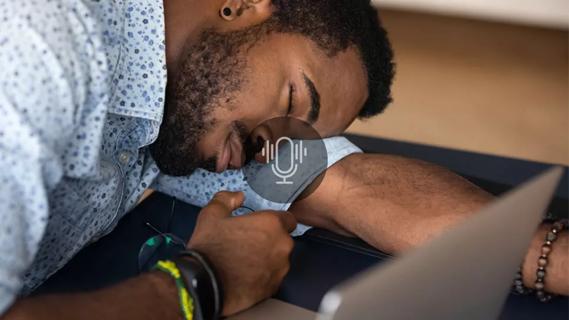
Testing options and therapies are expanding for this poorly understood sleep disorder
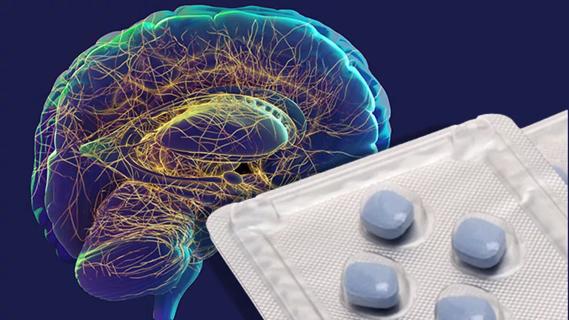
Real-world claims data and tissue culture studies set the stage for randomized clinical testing
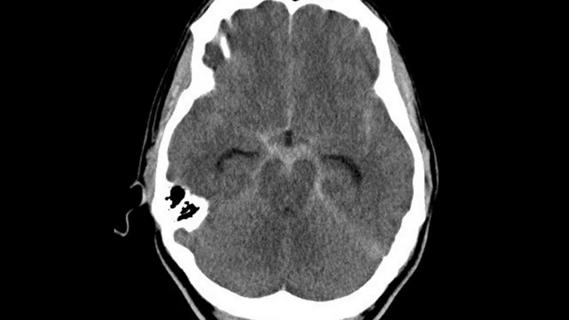
Digital subtraction angiography remains central to assessment of ‘benign’ PMSAH

Cleveland Clinic neuromuscular specialist shares insights on AI in his field and beyond
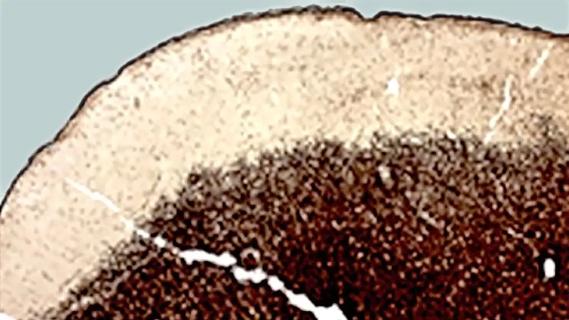
Findings challenge dogma that microglia are exclusively destructive regardless of location in brain
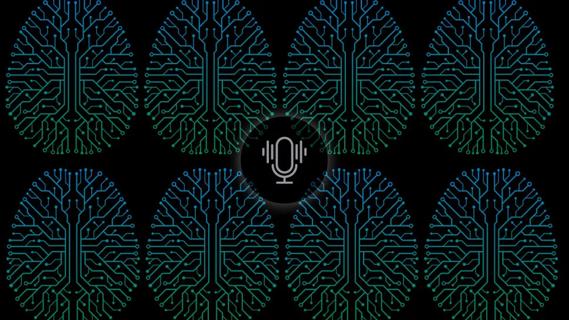
Neurology is especially well positioned for opportunities to enhance clinical care and medical training
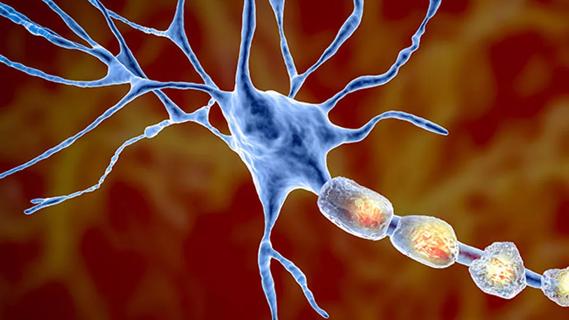
New review distills insights from studies over the past decade